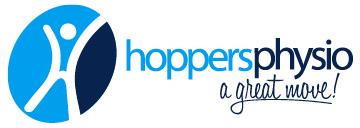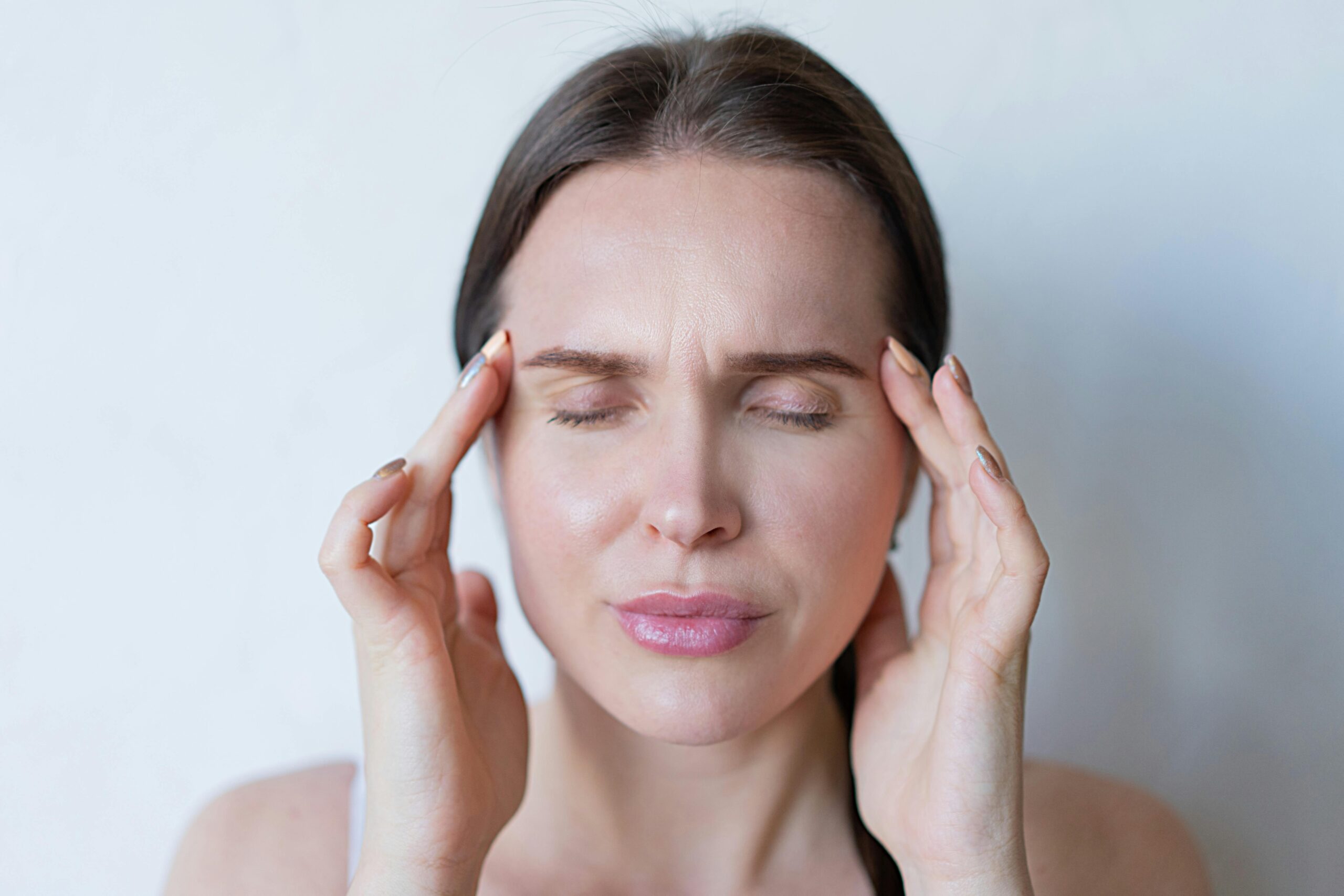Concussion in Community Sport
You may have seen in the news that the Australian Institute of Sport, in collaboration with the Australasian College of Sport and Exercise Physicians, Sports Medicine Australia, and the Australian Physiotherapy Association, has released new concussion guidelines for youth and community sports.
What is a concussion?
Concussions can occur with any sport or physical activity and are characterised as a blow to the head that causes changes to the head and brain and how it responds to emotional, physical, memory, and cognitive processing. They are a type of brain injury. The risk of concussions is higher in dynamic multidirectional sports and those with contact, whether purposeful (rugby, AFL) or incidental (basketball or netball).
Symptoms after a head strike/force to the head include
- Headache
- Dizziness
- Blurry Vision
- Nausea/Vomiting
- Sensitivity to light and sound
- Trouble with balance
- Trouble with memory
- Mood changes
- Fatigue
- Neck pain
- Tiredness or feeling slow/foggy
‘If in doubt, sit them out.’
These guidelines include concussion recognition tools, management of expected concussion symptoms, and referral to a healthcare practitioner to supervise the return to training and competition.
The protocol for a concussion includes:
- Relative rest for 24-48hrs (Time off school/work/physical activity)
- Pace back into mental tasks such as work and schooling
- Gradual reintroduction into physical activity
- 14-days symptom-free before return to contact training (NOT 14 days post-injury) with review by a health professional
- Minimum 21 days post-concussion diagnosis to return to competitive contact/collision sport. WITH MEDICAL CLEARANCE.
It is important to consider mental and cognitive workloads such as reading, study, and screen use are a load on the brain and can cause symptoms as well.
Concussions can also cause issues with balance, concentration, and hand-eye coordination, and intervention by a physiotherapist or other health professionals can help address these concerns if they are not resolved quickly.
Seeing a Physiotherapist after a concussion
If you are experiencing difficulty after a concussion, chat with our friendly team about seeing a physiotherapist to address these concerns and creating a plan for a safe return to sport.

